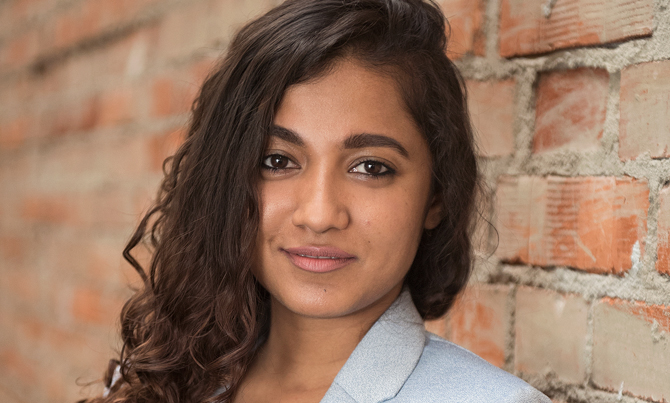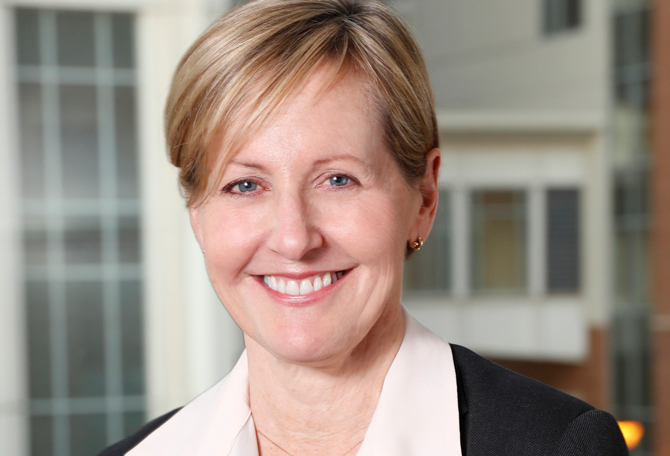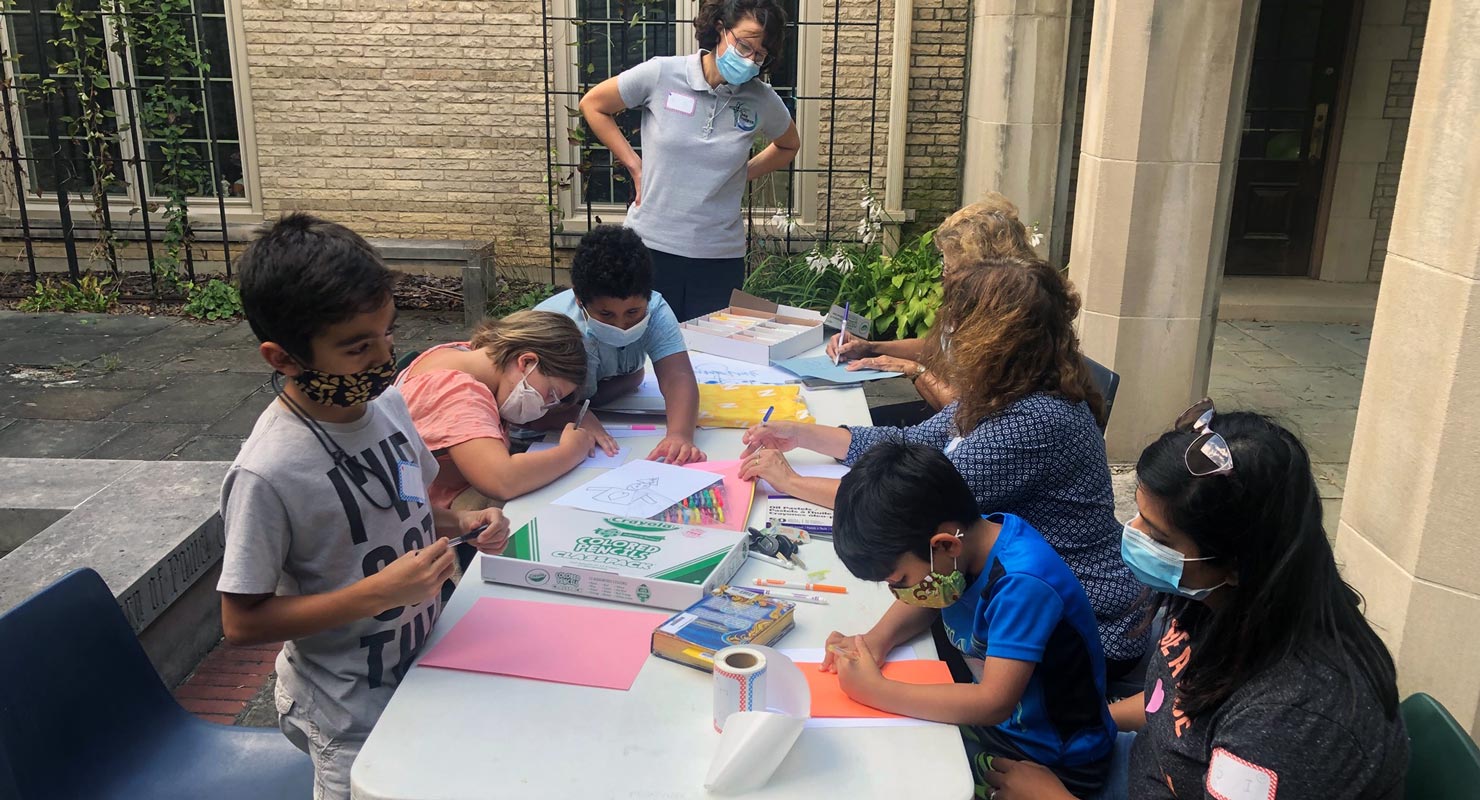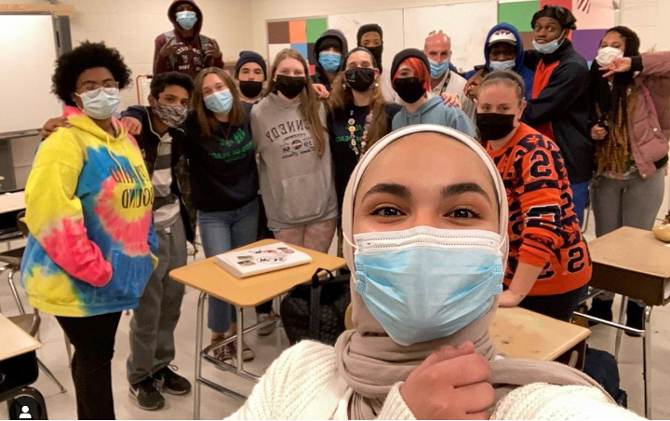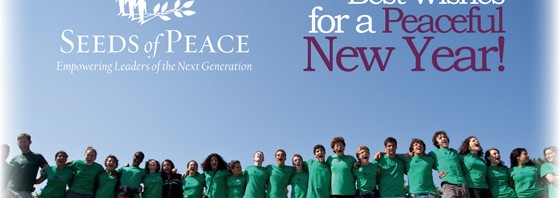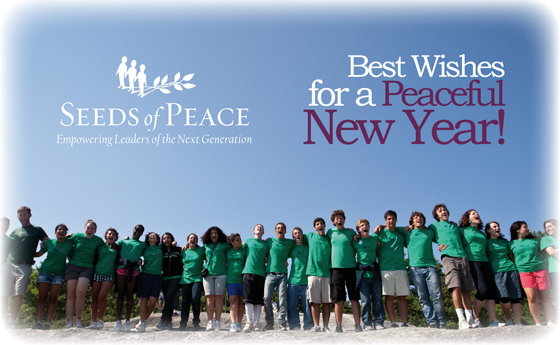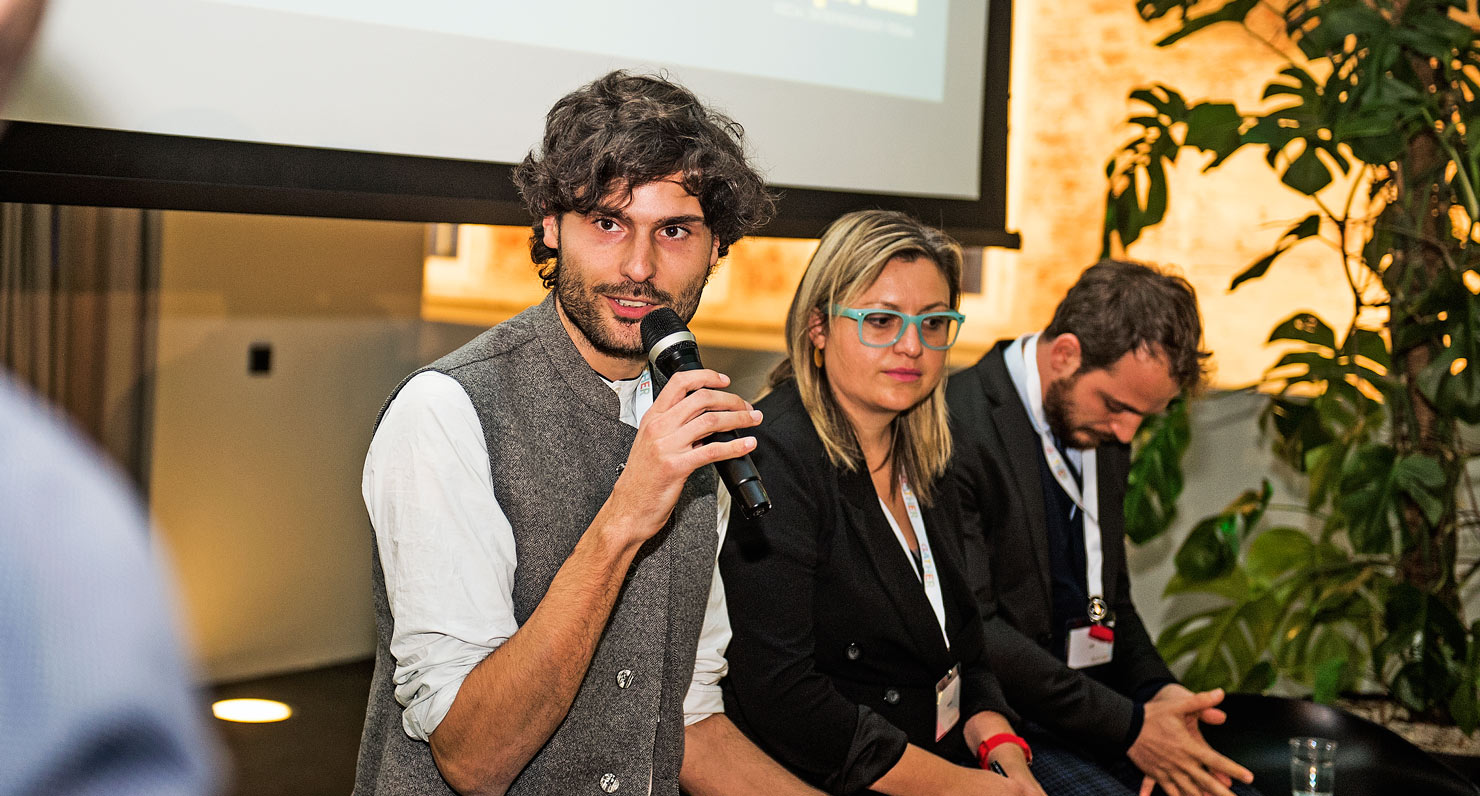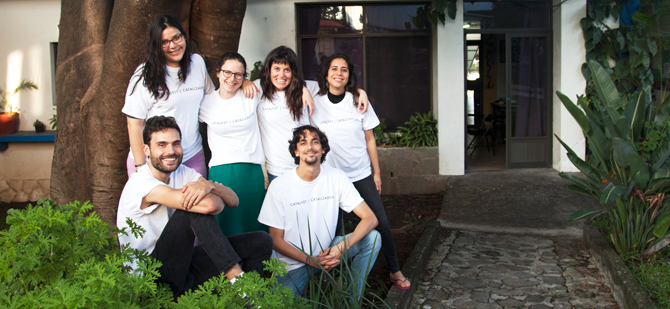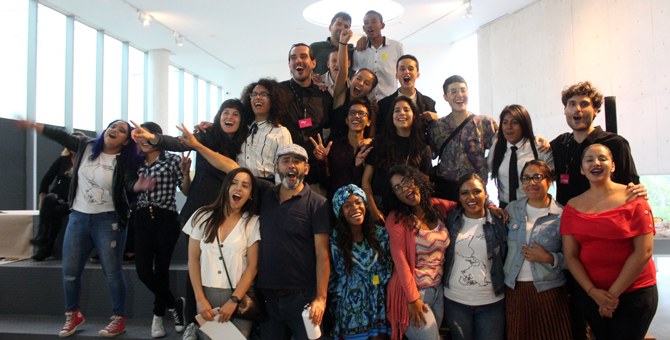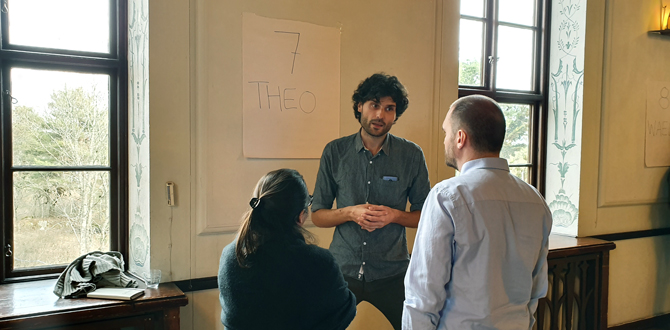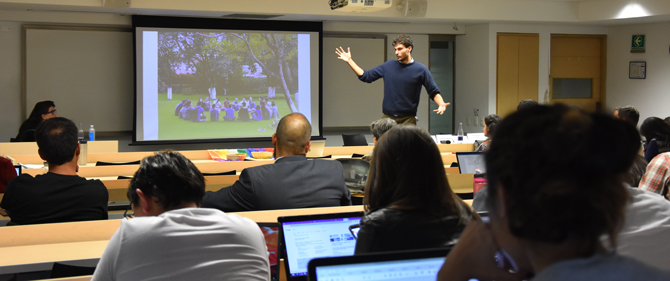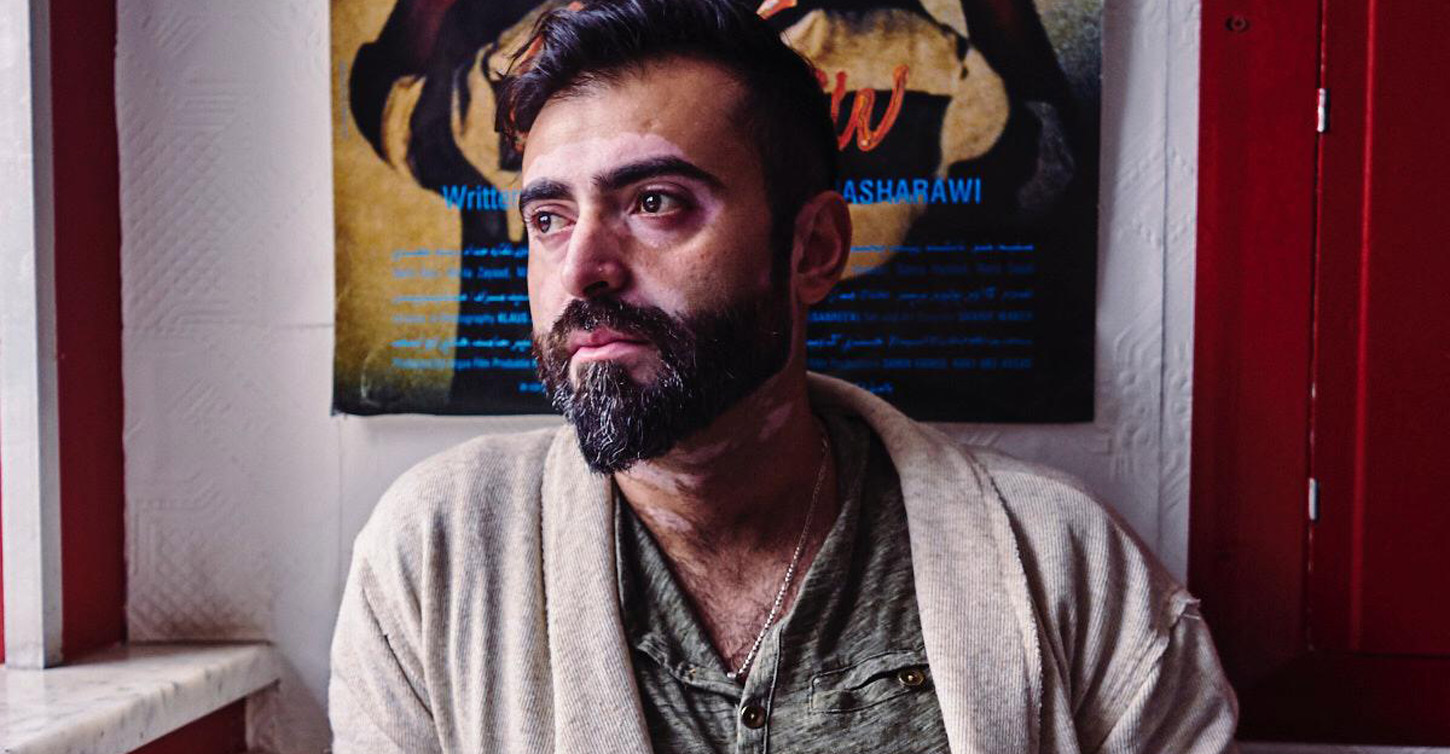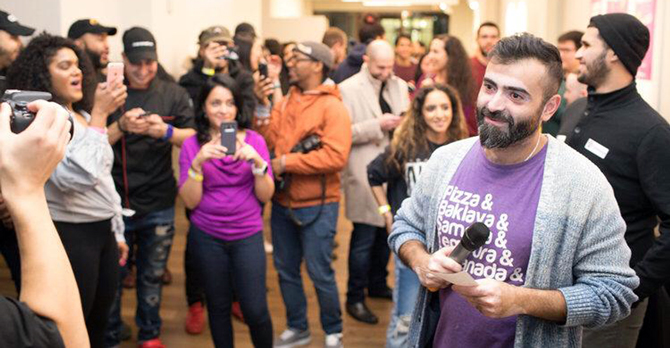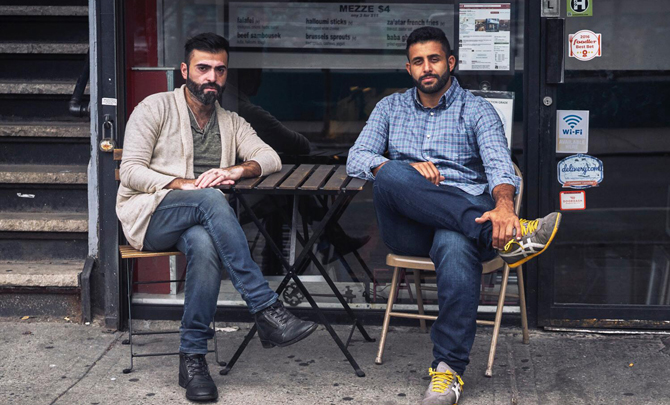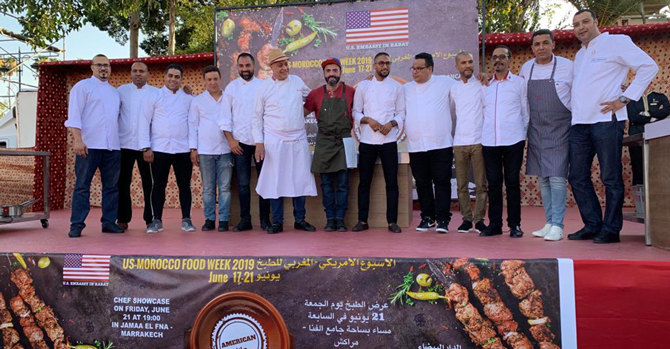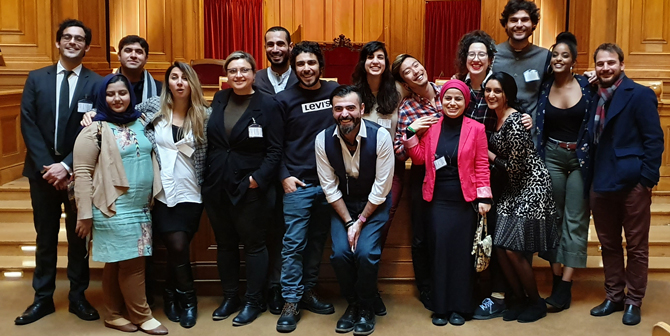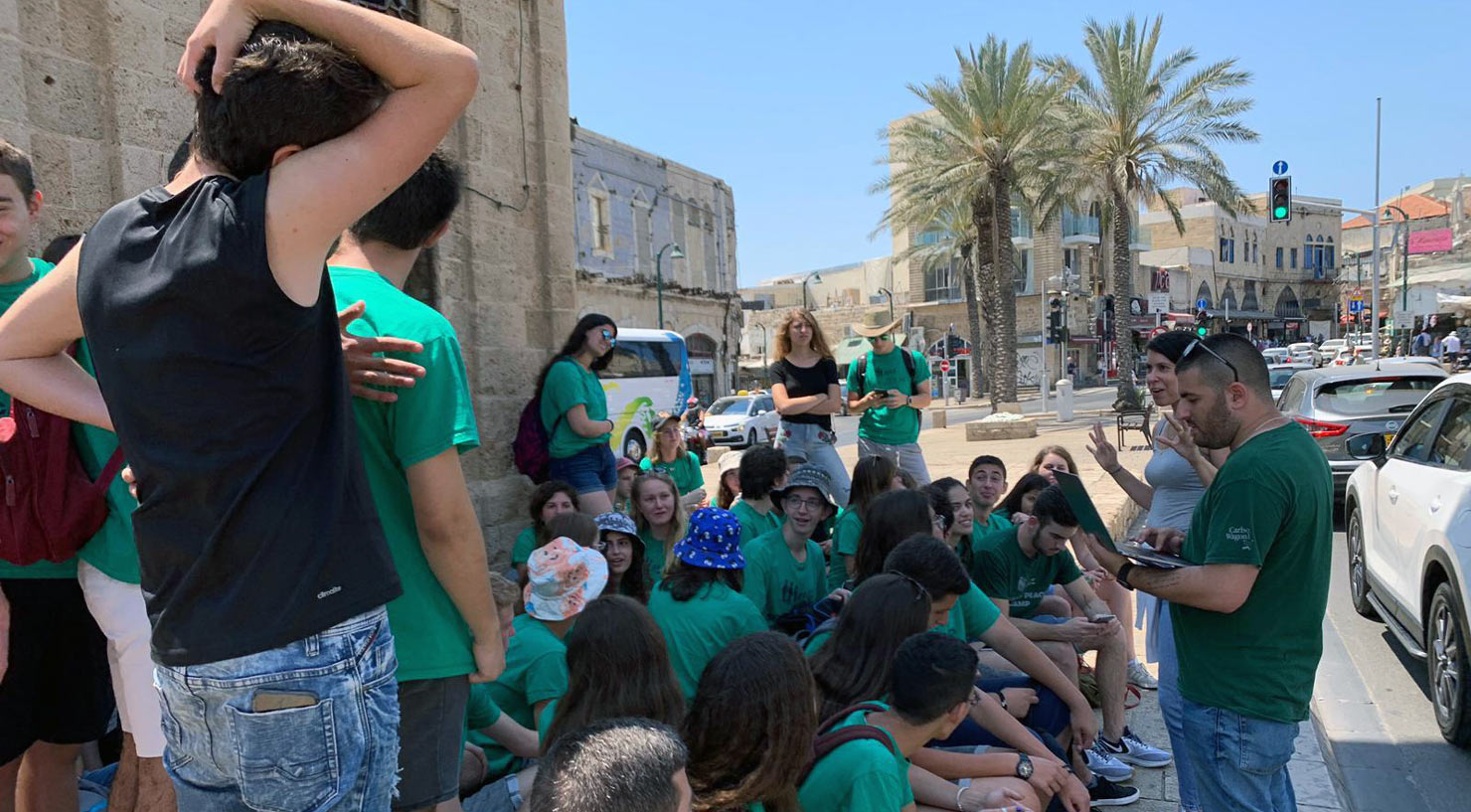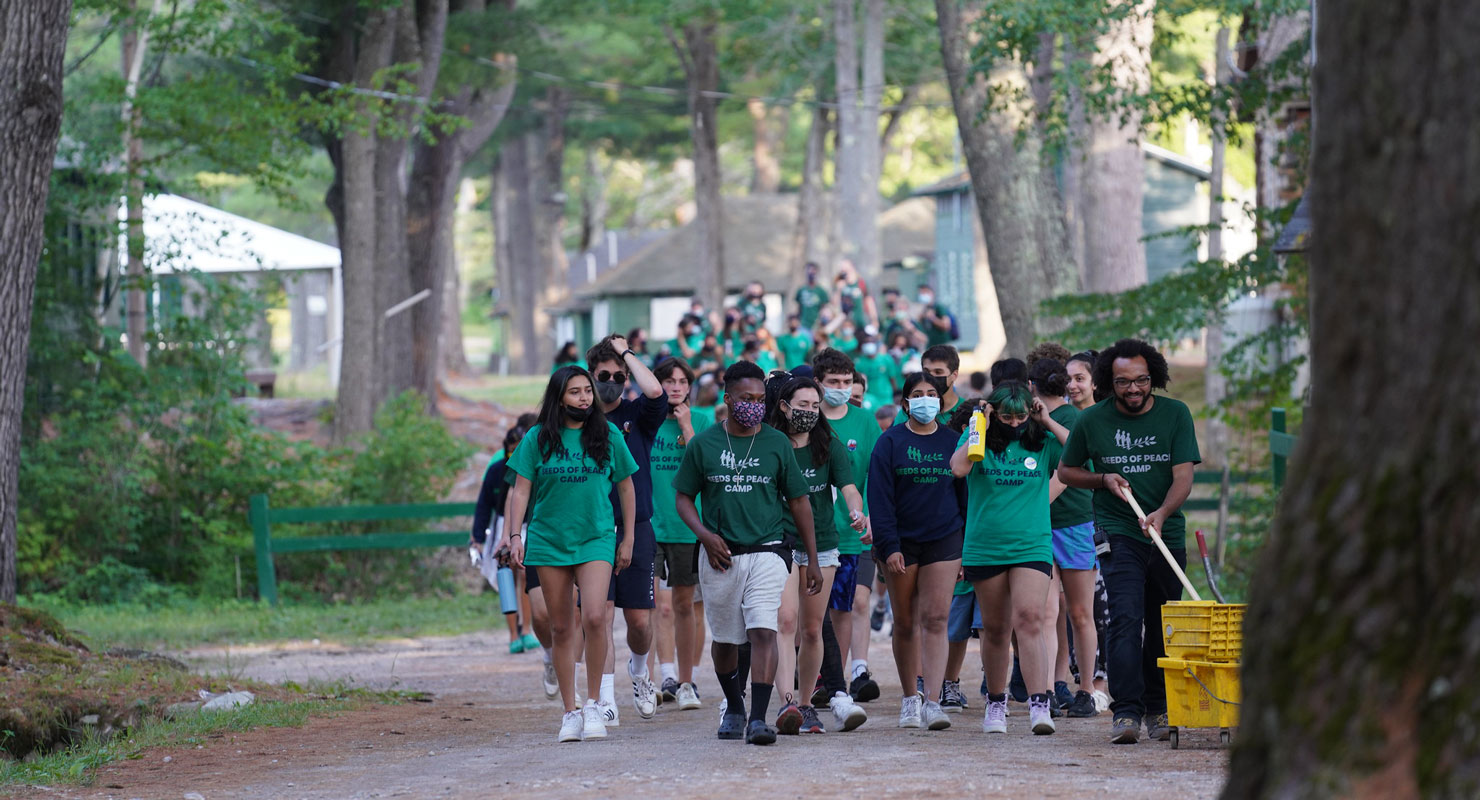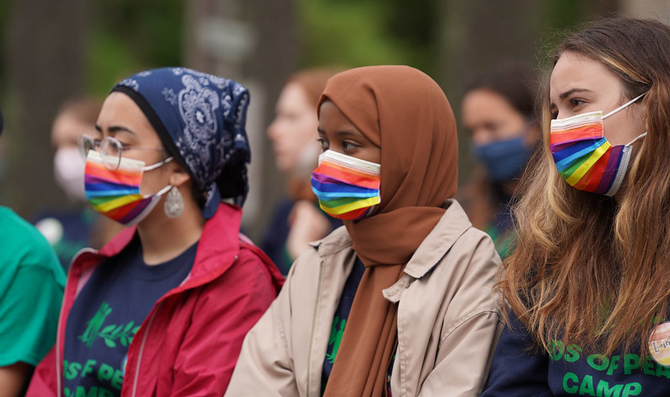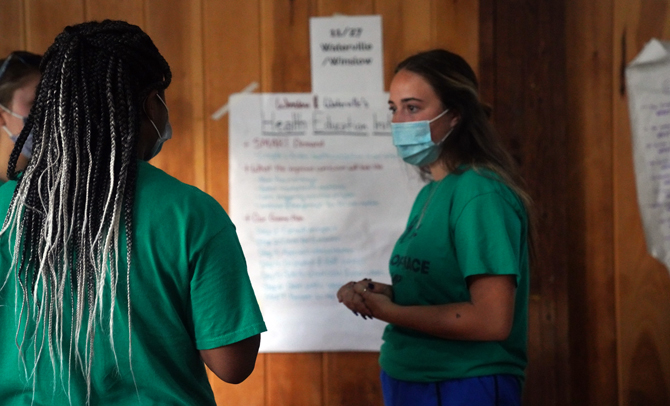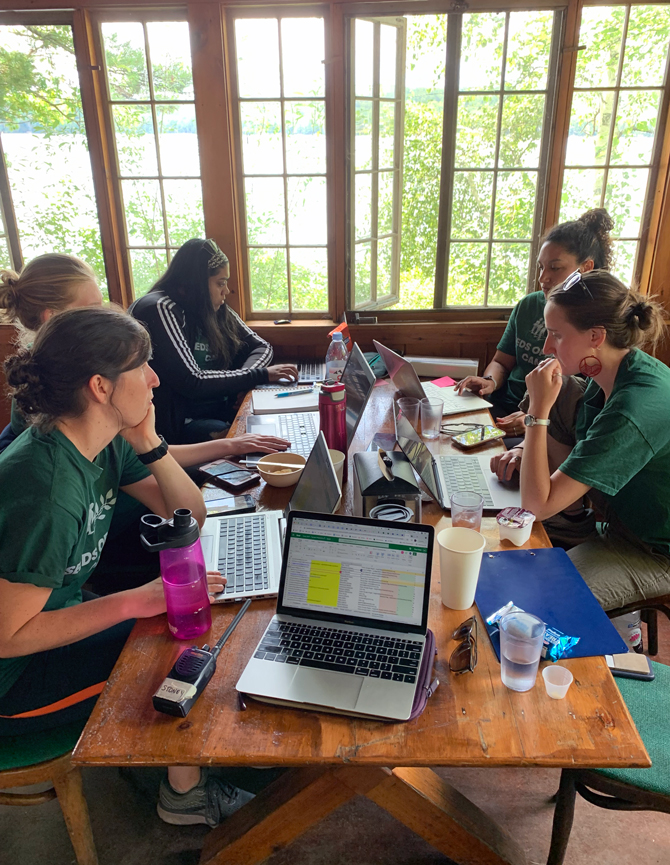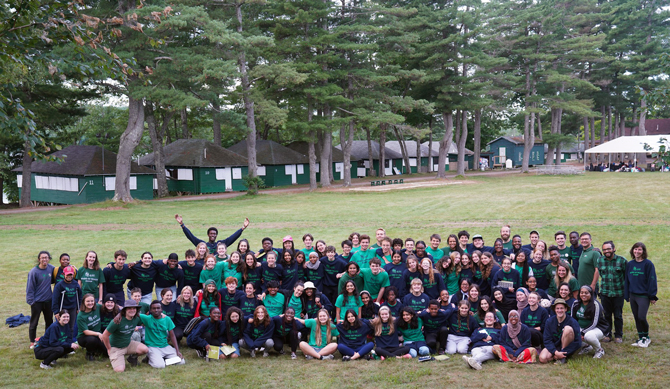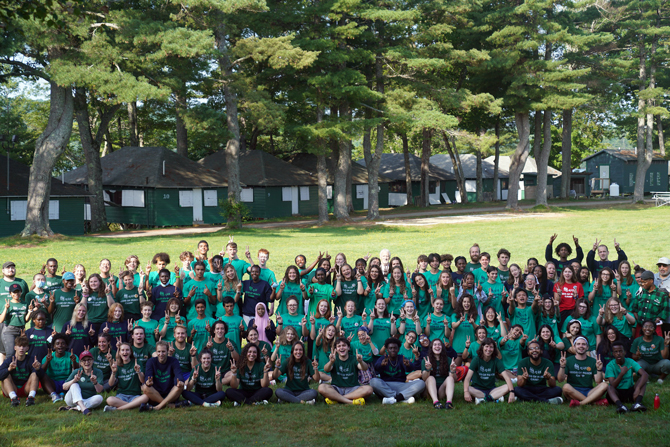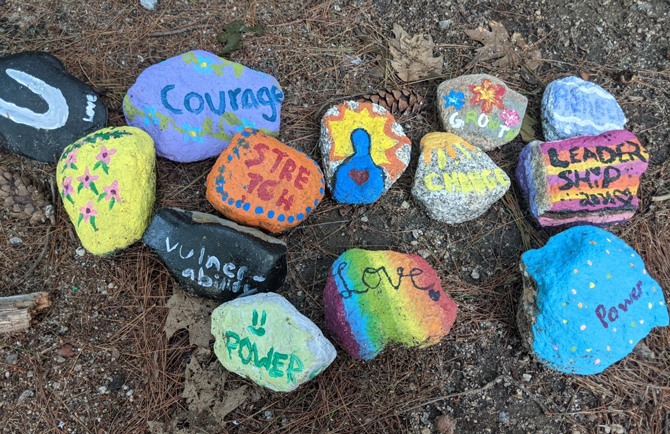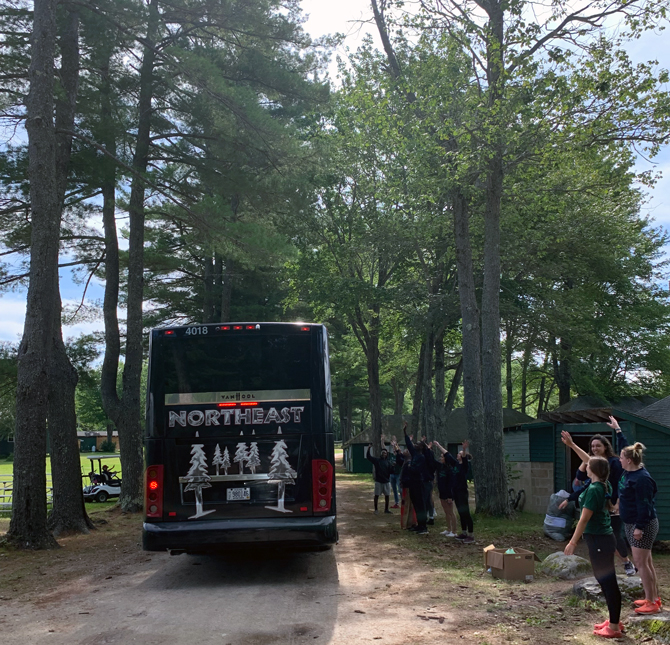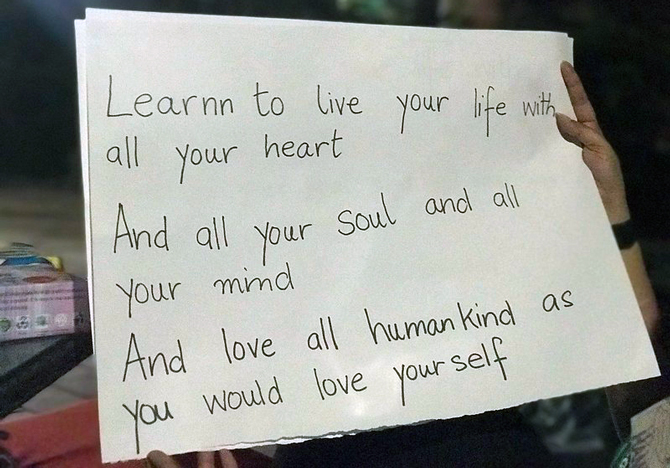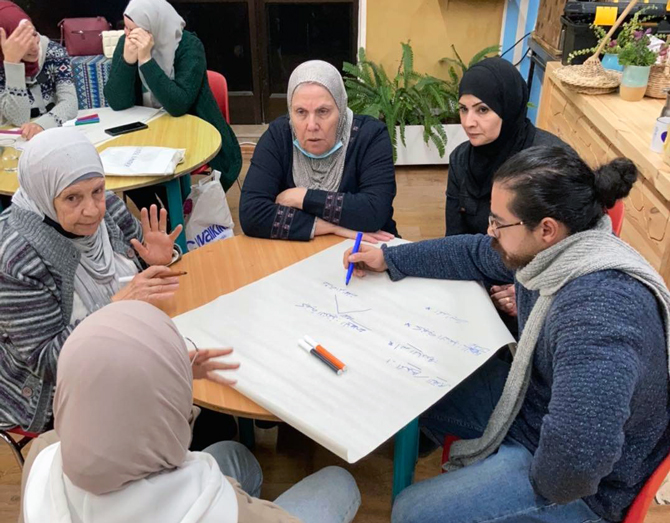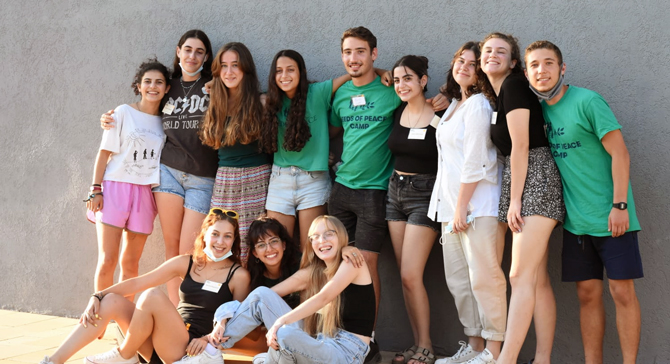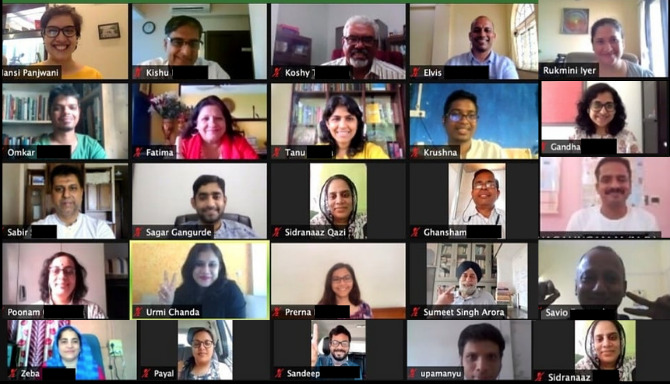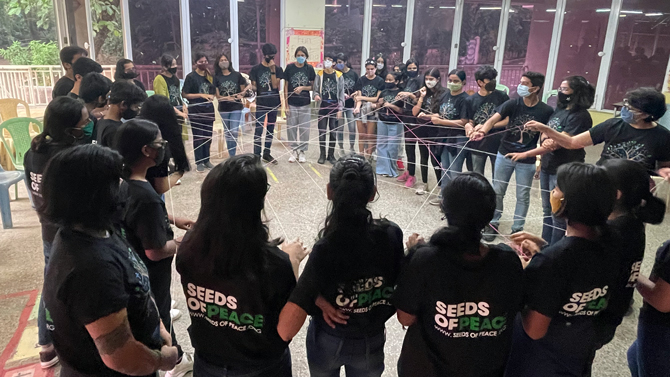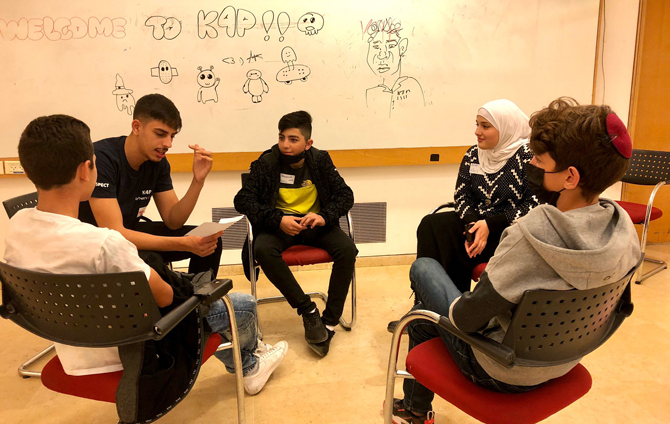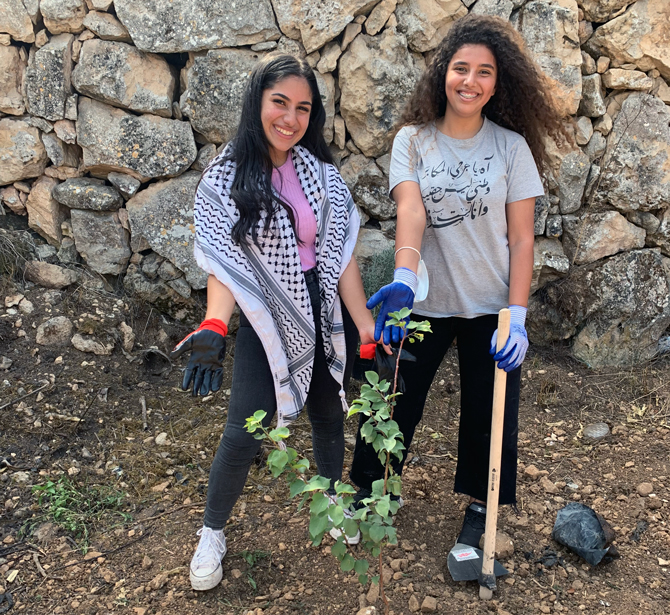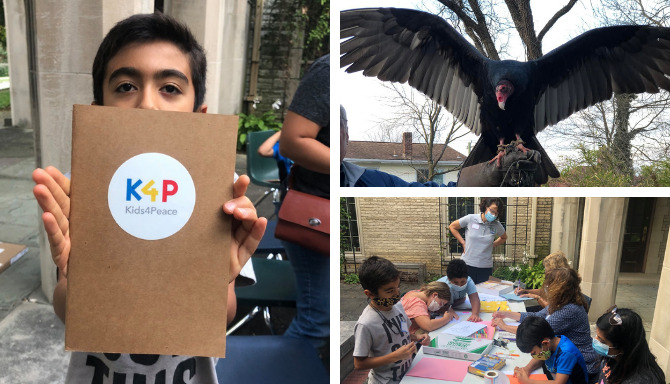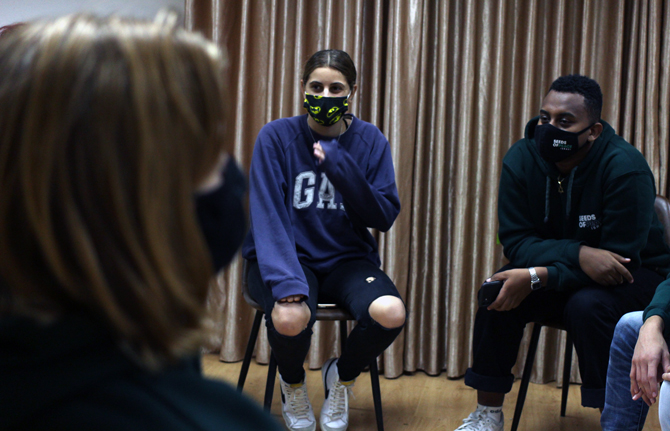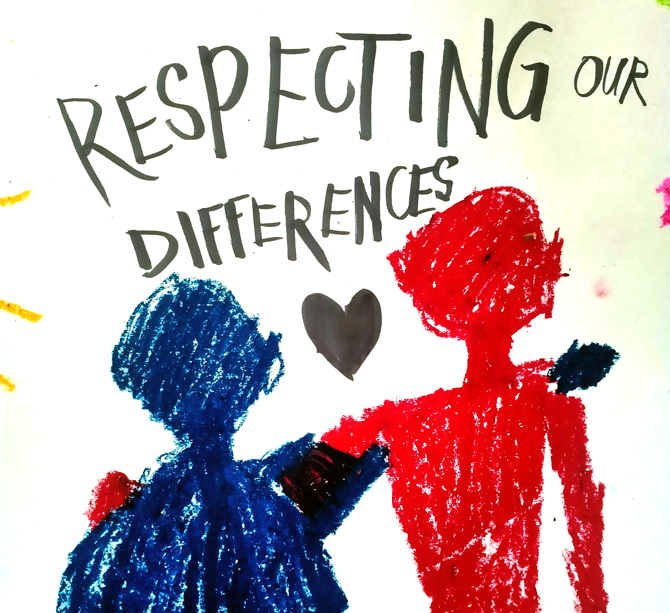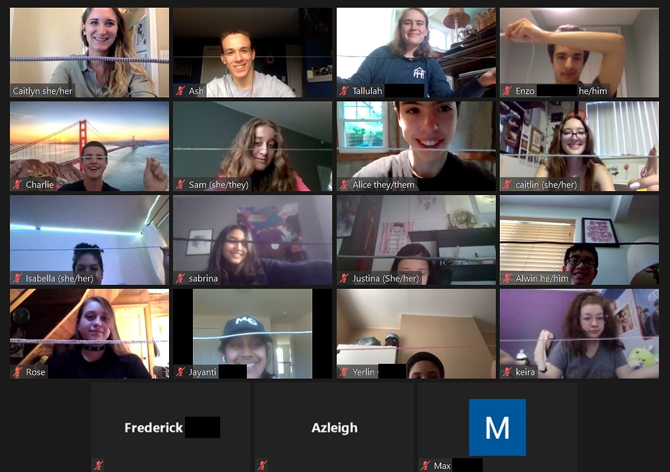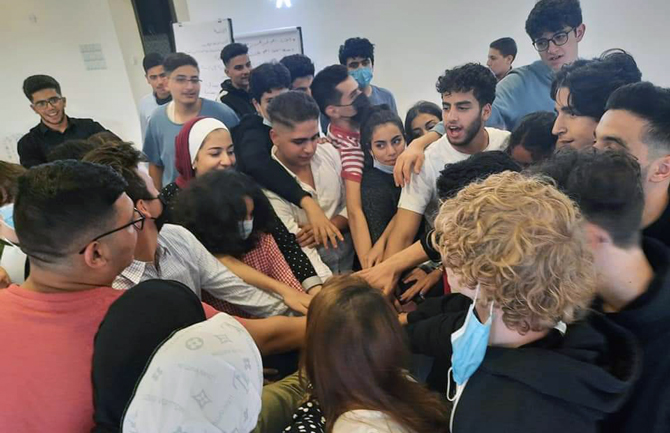By Susan Bloch
The entrancing chords of Coldplay’s Viva La Vida warmed the hall at Camp Brotherhood, a retreat center on the slopes of Mount Vernon, Washington. Three gangly 12-year old boys, one from the West Bank, one from Jerusalem and the third from Seattle, squeezed together on one piano stool.
Side by side, their nimble fingers pranced in parallel on one keyboard. Sometimes one boy’s hand had to cross into another boy’s musical territory. The final chords soared to a crescendo in unison and then silence. The rapt audience held its breath in reverie. Then the hush was shattered with a standing ovation of shrieks and whistles. Frenzied laughter and chatter embraced the room. It was hard to believe that the boys had known each other for only five days.
“Those kids,” I said turning to my neighbor, a stranger, “have built a bridge of hope into my heart.” She hugged me. “How is it that something as simple as a talent show helps us to better listen to and understand one another’s pain and hopes?” she whispered.
Two Seattleites, Rabbi Raphael Levine, and a Catholic priest, Father William Treacy, founded Camp Brotherhood fifty years ago. Their partnership began when they discovered a personal bond that crossed the boundaries of religion and culture. As I stared out the large glass windows overlooking the valley, conscious of distant soft pink clouds floating across a pale blue sky, I began to understand their dream. Where could we find a more lyrical ambience to develop this new generation of peacemakers? I could almost hear the tall fir trees on the horizon calmly whispering as they swayed, first in one direction and then the other.
This spellbinding performance embraced the group of 35 middle-school-age children, from religious and secular backgrounds, who had ventured from Jerusalem, the West Bank and greater Seattle area for a 10-day camp organized by the Jerusalem-based international non profit, Kids4Peace. The aim of this multi-faith program is to begin building relationships based on trust and respect.
Facilitated discussions, exercises and games help the campers to learn skills in listening, empathy and conflict resolution. They also attend services at a synagogue, church, and mosque. These kids will be involved in year-round programs devoted to building their peace-making skills for the rest of their high school days. By learning about each other’s religions and cultures, Kids4Peace believes they can break down the stereotypes and prejudices that darken their lives.
“I’m here because I’m tired,” Omar one of the talented pianists confessed during the Q & A session after the performance.
“I’m tired of the noise, the rockets, the killings.” Omar straightened up. Physically he seemed so small, but his strong voice was captivating. “After I come home I’ll tell everyone about this, and it will change everyone,” he announced. I feared for him, but if at least six or seven of these kids could hold onto this hope it could make a difference.
One of the staff, a strapping man from the West Bank agreed. “I learn new things every day and I like it,” he nodded excitedly. He leaned forward, and faced us square on. “Kids think deeply and have a lot of things to teach us.” He brushed his red and black kuffiyeh over his shoulder.
At that moment I could sense how even we—donors, parents, board members and guests were subtly shifting from despair to hope. It was as if we’d experienced a musical catharsis. Over dinner our conversation explored the common values of our diverse faiths— caring, forgiveness, hope, listening and giving. The table was bedecked with halal, kosher, and vegetarian food. The discussion was as rich as the varied cuisine.
“It is magical how those boys played that pop anthem together,” one of the fathers acknowledged as he piled fragrant rice with roasted vegetables on his fork, “They give us courage. It wasn’t the Muezzin calling us to prayer, nor a Christian choir, or a Cantor leading a prayer service in a synagogue, but a deep spiritual experience.”
His wife leaned forward and touched his arm. “That song’s words —’I hear Jerusalem bells are ringing’ … I want to hear those bells in Ramallah and Jerusalem.” She pushed her maroon hijab off her forehead.
We began to realize that it was possible to dissolve some of the rage, violence, trauma and hatred that most of the kids and staff in the room had endured in the Middle East. Palestinians and Israelis sat in the same room without hating each other. That rich musical expression was conducive to fostering harmony amid troublesome questions about the on-going conflict.
On the drive back to Seattle grey clouds hovered menacingly. Lightening flashed across the night sky. It seemed like a backdrop for the turbulence of any war zone—from Gaza to Ukraine to Iraq. I turned on my iPhone recording and listened again to the three young pianists playing together.




